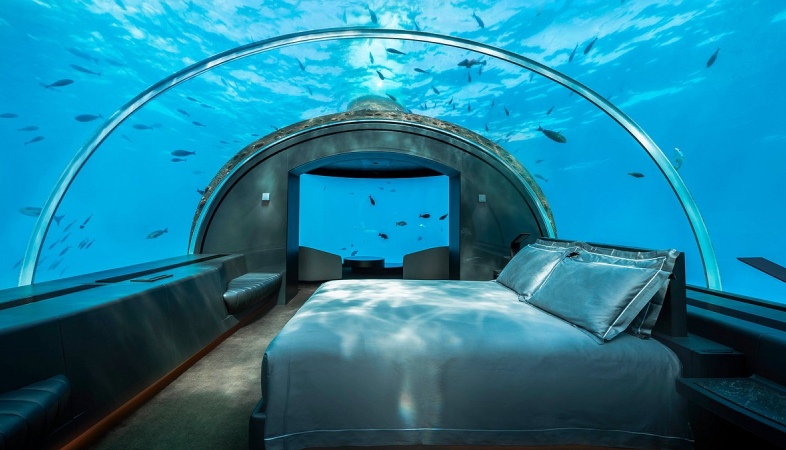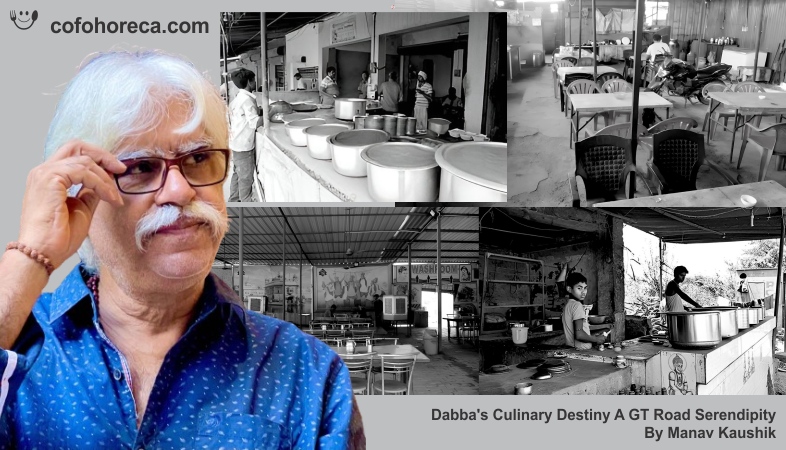Hospitality Trends: Innovations and Strategies Shaping the Future of Hotels
Hotels are shaping the future of hospitality by offering memorable and meaningful experiences to guests.

In today's dynamic hospitality landscape, hotels are
continually adapting to meet the evolving needs and preferences of travelers.
From personalized experiences to sustainable practices, innovative technologies
to wellness initiatives, hotels are embracing trends that shape the future of
the industry. Let's delve into the key innovations and strategies that are
driving the evolution of hotels.
Tailoring experiences to individual preferences is becoming increasingly vital in the hospitality sector. Hotels are leveraging data and technology to offer personalized amenities, services, and recommendations to guests. By understanding guests' preferences and behaviors, hotels can create memorable and tailored experiences that foster loyalty and satisfaction.
With growing concerns about environmental impact, sustainability has become a top priority for hotels. Many are implementing eco-friendly practices, such as energy-efficient solutions, waste reduction measures, and sourcing local and organic products. By prioritizing sustainability, hotels not only appeal to eco-conscious travelers but also contribute to a more sustainable future.
Technology continues to revolutionize the hotel industry, enhancing the guest experience and streamlining operations. From mobile check-in and keyless entry systems to AI-powered chatbots and virtual concierge services, hotels are leveraging technology to offer seamless and efficient services. Additionally, advancements in AR and VR are providing guests with immersive experiences, allowing them to explore destinations and amenities virtually.
Wellness has become a significant focus for travelers seeking to prioritize their health and well-being. Hotels are responding by offering a range of wellness amenities and programs, including fitness centers, spa facilities, yoga classes, and healthy dining options. Biophilic design elements, such as natural lighting and indoor greenery, are also being incorporated to create environments that promote relaxation and rejuvenation.
The rise of remote work has led to an increased demand for flexible workspace solutions in hotels. Hotels are transforming their public spaces into dynamic co-working environments equipped with high-speed Wi-Fi, ergonomic furniture, and business amenities. These spaces provide remote workers with a productive and comfortable environment to work while enjoying the amenities of a hotel.
Hotels are embracing innovations and strategies that cater to the evolving needs and preferences of travelers. From personalized experiences to sustainable practices, technology integration to wellness initiatives, hotels are shaping the future of hospitality by offering memorable and meaningful experiences to guests.
.png)




























